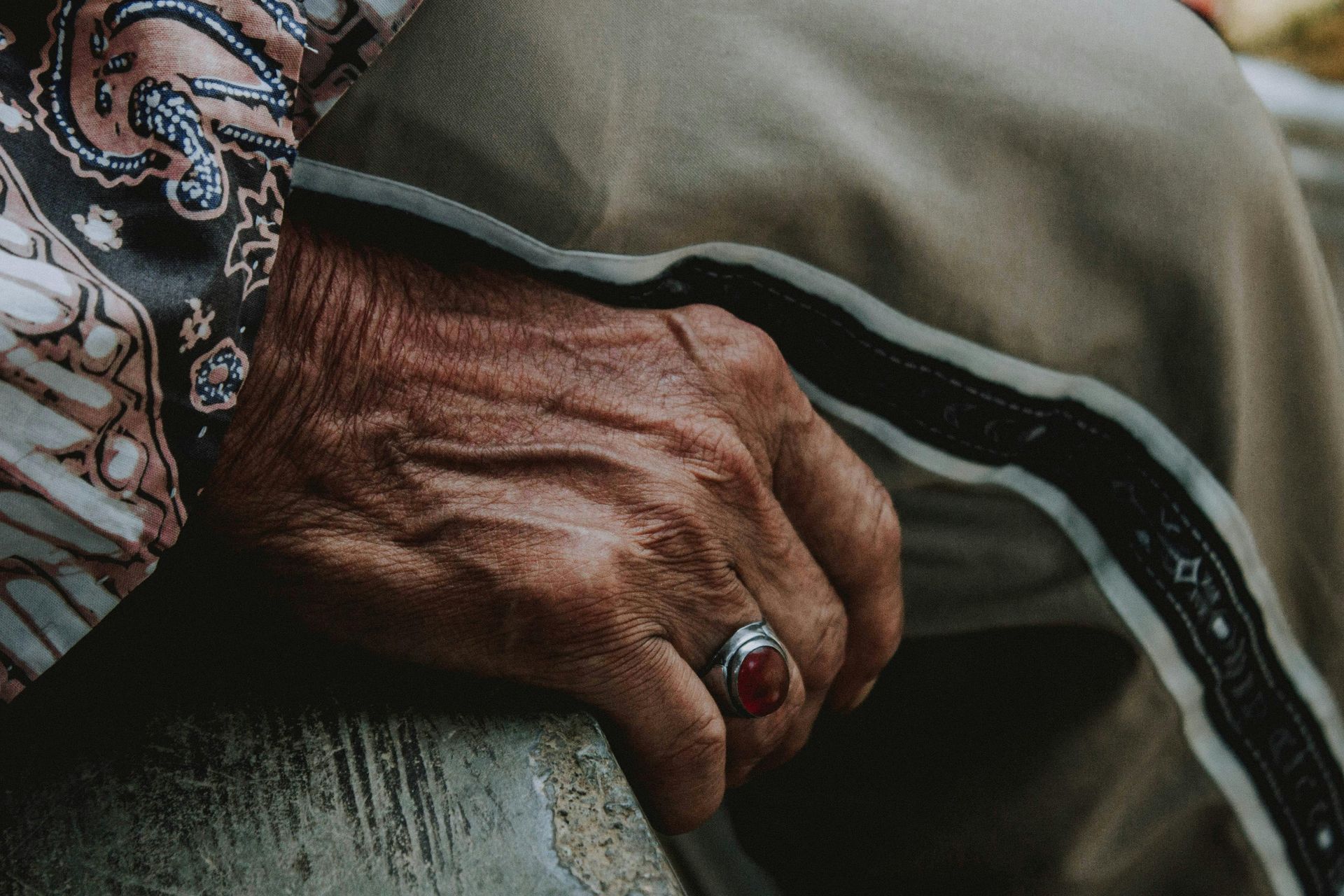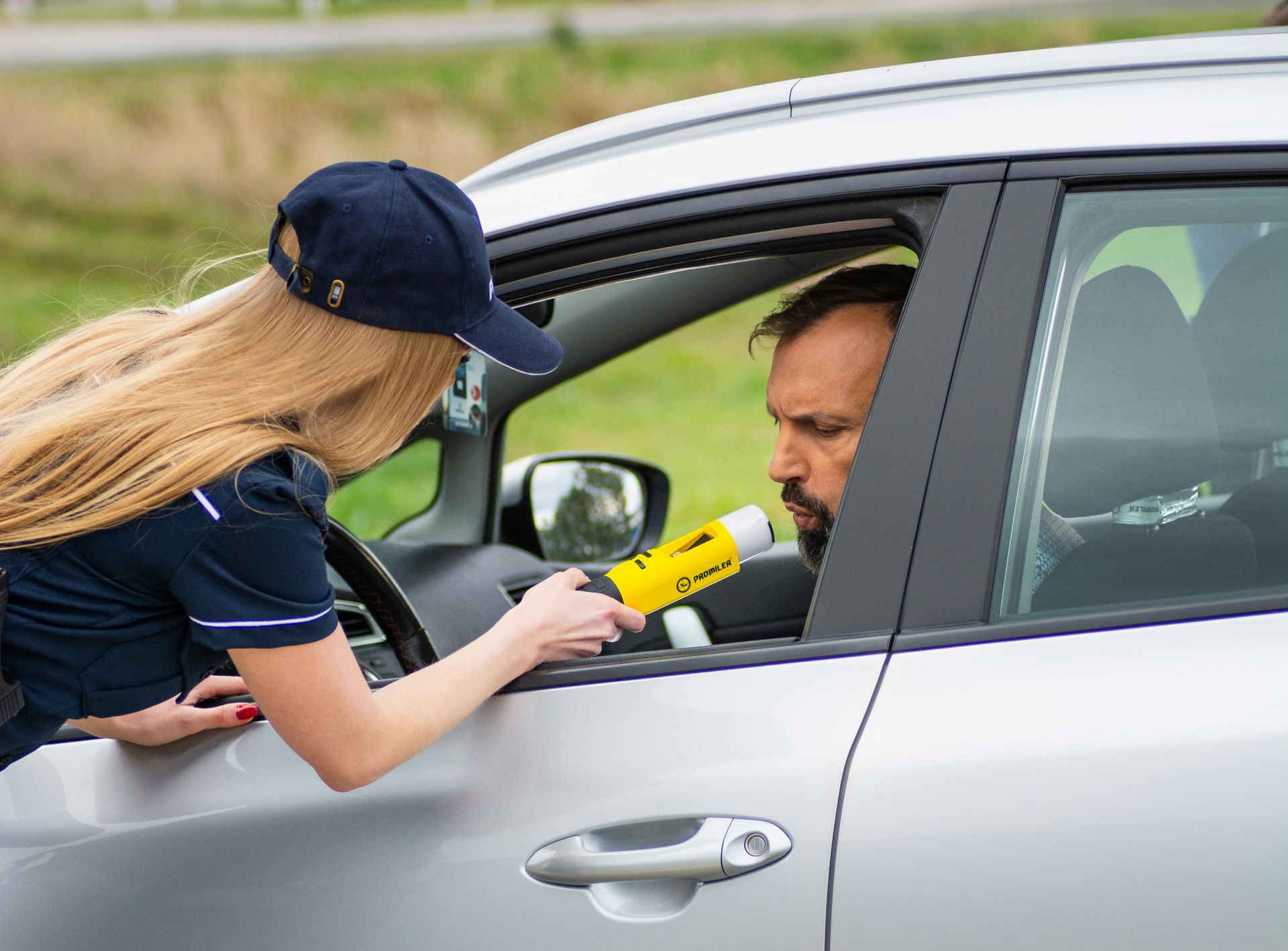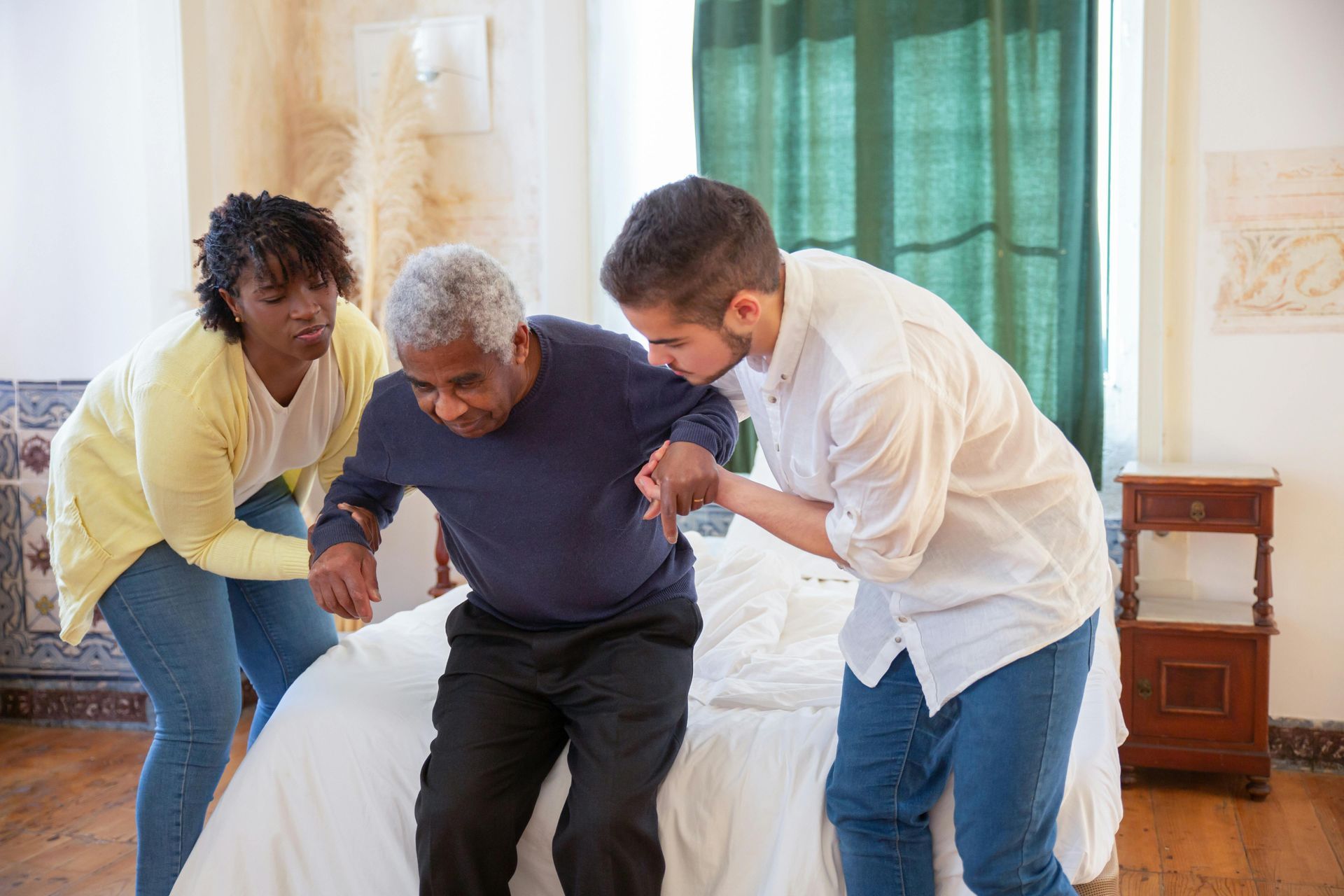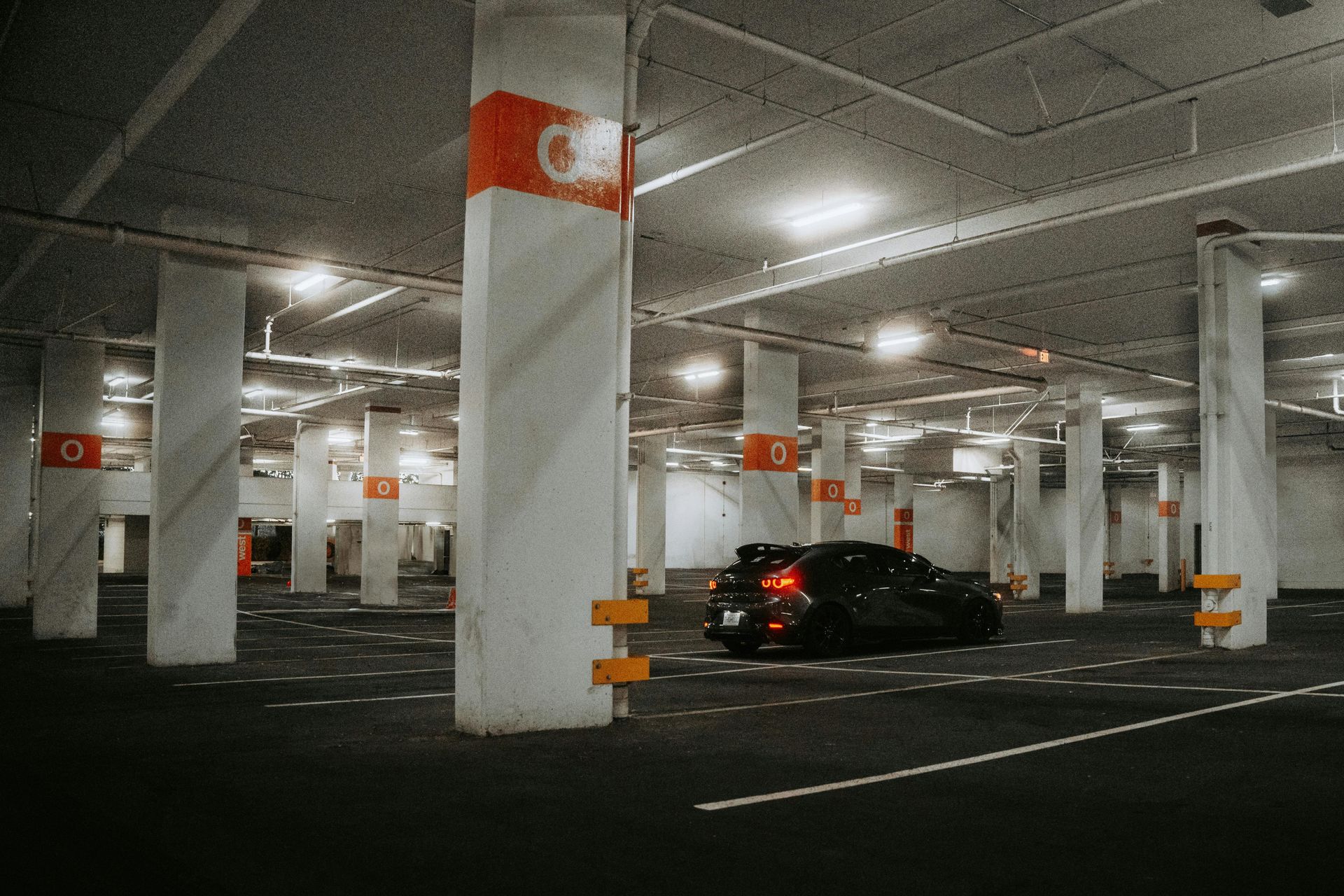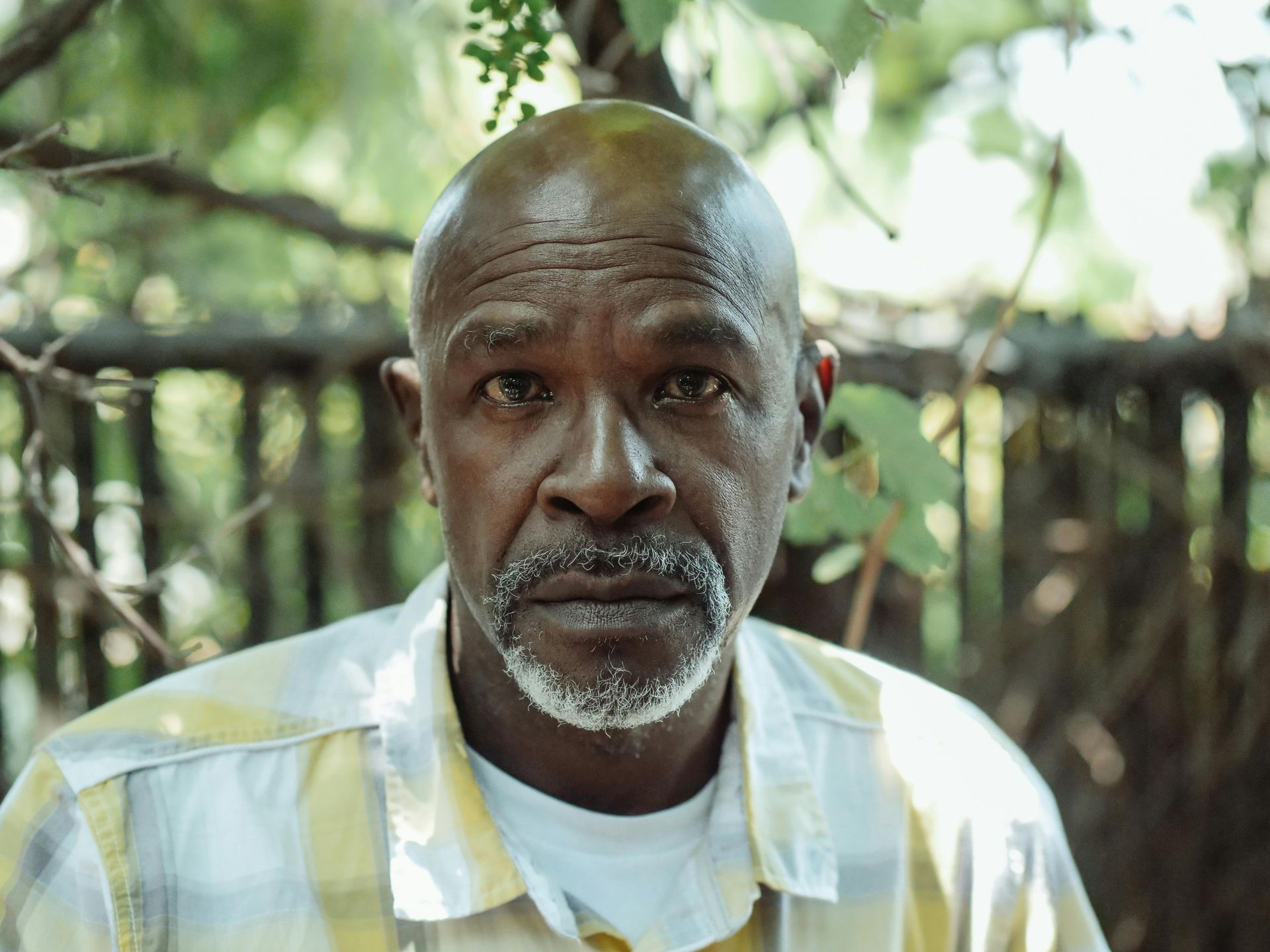July 10, 2025
Choosing a nursing home for a loved one is a deeply personal and often difficult decision. We entrust these facilities with the care and well-being of our elderly family members, expecting them to provide a safe, nurturing, and professional environment. Unfortunately, instances of nursing home abuse and neglect in Georgia are a grave reality that shatters this trust, leaving families devastated and vulnerable residents suffering. As Georgia's population ages, the demand for long-term care facilities continues to grow. While many nursing homes provide excellent care, a disturbing number fall short, leading to tragic consequences. The Atlanta Journal-Constitution's "Unprotected" investigative series, for instance, shed light on hundreds of cases of neglect and abuse in Georgia's assisted living communities, highlighting a widespread issue and a concerning lack of transparency. If you suspect your loved one is experiencing abuse or neglect, it's crucial to understand your rights and the legal avenues available to protect them. What Constitutes Nursing Home Abuse and Neglect? Understanding the distinctions between abuse and neglect is the first step in identifying and addressing these unacceptable situations. Both can have severe physical, emotional, and financial repercussions for residents. Defining Neglect Nursing home neglect occurs when a facility or its staff fail to provide the necessary care and services to meet a resident's basic needs, leading to harm or a risk of harm. Neglect can be intentional or unintentional, often stemming from understaffing, inadequate training, or poor management. Common forms of neglect include: Medical Neglect: Failure to administer medications on time, properly treat existing medical conditions (like bedsores or infections), or seek necessary medical attention for injuries or illnesses. This can lead to worsening health, preventable complications, and even wrongful death. Hygiene Neglect: Not assisting residents with bathing, dental care, changing soiled diapers, or maintaining clean clothing and bedding. This can result in skin infections, odor, discomfort, and a loss of dignity. Nutritional Neglect: Failure to provide adequate food and hydration, leading to malnutrition, dehydration, unexplained weight loss, and weakness. Supervisory Neglect: Leaving residents with mobility issues unattended, failing to prevent falls, or allowing residents to wander off the premises (elopement). Social/Emotional Neglect: Isolating a resident, ignoring their calls for help, or failing to facilitate social interaction, which can lead to depression, anxiety, and a decline in mental well-being. Defining Abuse Nursing home abuse, on the other hand, involves intentional acts that cause harm or distress to a resident. It is a deliberate violation of a resident's rights and can take many forms. Types of nursing home abuse include: Physical Abuse: Any non-accidental use of force that results in bodily injury, pain, or impairment. Examples include hitting, slapping, pushing, pinching, improper use of restraints, or force-feeding. Emotional/Psychological Abuse: Inflicting mental pain, distress, or anguish through verbal or non-verbal acts. This can involve yelling, insulting, demeaning, threatening, isolating, or terrorizing a resident. Sexual Abuse: Any non-consensual sexual contact with a resident. Signs can include unexplained STDs, torn or bloody clothing, or difficulty sitting or walking. Financial Exploitation: The illegal or improper use of a resident's funds, property, or assets for personal gain. This can involve theft, fraud, coercion, or unauthorized use of bank accounts. Abandonment: The desertion of an elder by a person who has assumed responsibility for their care. Recognizing the Red Flags: Signs of Abuse and Neglect It's vital for families to be vigilant and aware of potential signs that their loved one may be suffering. Often, residents are afraid to speak up due to fear of retaliation, making it imperative for family members to observe and act. Keep an eye out for: Physical Signs: Unexplained bruises, cuts, broken bones, bedsores (pressure ulcers), infections, burns, or signs of improper restraint. Behavioral and Emotional Changes: Sudden withdrawal, depression, anxiety, fear of caregivers, agitation, fear, reluctance to speak freely, or changes in sleep patterns. Unexplained Weight Loss or Dehydration: Sunken eyes, dry mouth, cracked lips, or significant weight loss without a medical explanation. Poor Hygiene and Unsanitary Conditions: Unbathed appearance, soiled clothing or bedding, strong odors in the room, or general uncleanliness of the facility. Medication Errors: Over-sedation, signs of under-medication, or a sudden change in mental state. Frequent Falls or Injuries: Especially if the explanations from staff seem inconsistent or vague. Financial Irregularities: Unexplained withdrawals from bank accounts, missing valuables, or sudden changes in wills or power of attorney. Staffing Issues: High staff turnover, understaffing (one staff member for too many residents), or staff who appear overwhelmed, uncommunicative, or dismissive. Georgia Laws and Residents' Rights Georgia law is designed to protect nursing home residents and holds facilities accountable for providing quality care. The Georgia Long-Term Care Facility Resident Abuse Reporting Act mandates that certain individuals, including nursing home administrators and employees, report suspected abuse or exploitation to the Department of Community Health (DCH) and law enforcement. Furthermore, Georgia law outlines a comprehensive Bill of Rights for residents of long-term care facilities, ensuring they are treated with dignity and respect. These rights include: Freedom from verbal, mental, and physical abuse, corporal punishment, and involuntary seclusion. The right to live in the least restrictive environment possible. The right to choose their own physician and participate in their care planning. The right to privacy in their room and during medical care. The right to unimpeded communication with anyone of their choice. The right to voice grievances without fear of reprisal. When these rights are violated, nursing homes can be held legally responsible. Taking Action: What to Do If You Suspect Abuse or Neglect If you suspect your loved one is a victim of nursing home abuse or neglect in Georgia, immediate action is crucial. Ensure Immediate Safety: If your loved one is in immediate danger, call 911. Document Everything: Gather as much evidence as possible. This includes photographs of injuries or unsanitary conditions, medical records, incident reports (if available), and detailed notes of your observations, dates, and times. Report to Authorities: Georgia Department of Community Health (DCH), Healthcare Facility Regulation: This agency investigates complaints against nursing homes. You can file a complaint online or by phone at 1-800-878-6442. Georgia Adult Protective Services (APS): For abuse outside of a long-term care facility, or in conjunction with DCH reporting, you can contact APS at 1-866-552-4464. Law Enforcement: For criminal acts such as physical or sexual assault, contact your local police department. Consult with an Experienced Attorney: This is a critical step. Before confronting the facility, or even before making a formal report to the state, it is highly advisable to speak with a nursing home abuse lawyer. They can guide you on the best course of action, help preserve crucial evidence that the facility might otherwise destroy, and explain your legal options. Seeking Justice: Your Legal Options in Georgia When nursing home abuse or neglect occurs, victims and their families have the right to seek justice and compensation. Filing a personal injury lawsuit against the negligent nursing home is often the most effective way to hold them accountable and secure the resources needed for your loved one's care and recovery. The Lawsuit Process A nursing home abuse lawsuit typically involves: Investigation and Evidence Gathering: Your attorney will meticulously gather medical records, internal facility reports, staffing logs, eyewitness testimonies from other residents or former staff, and expert opinions to build a strong case. Filing a Complaint: A formal complaint outlining the allegations and damages sought is filed with the appropriate court. Discovery: Both sides exchange information and evidence through interrogatories, depositions, and requests for documents. Negotiation and Settlement: Many nursing home abuse cases are resolved through settlement negotiations, often avoiding a lengthy trial. Trial: If a fair settlement cannot be reached, the case may proceed to trial, where a judge or jury will determine liability and damages. Recoverable Damages Victims of nursing home abuse and neglect in Georgia may be entitled to various forms of compensation, including: Medical Expenses: Costs for immediate medical treatment, ongoing care, rehabilitation, and future medical needs arising from the abuse or neglect. Pain and Suffering: Compensation for the physical pain, emotional distress, and mental anguish endured by the resident. Loss of Enjoyment of Life: Damages for the diminished quality of life caused by the abuse. Relocation Costs: Expenses incurred if the resident needs to be moved to a safer facility. Punitive Damages: In cases of egregious negligence or intentional misconduct, punitive damages may be awarded to punish the nursing home and deter similar future actions. Wrongful Death Damages: If the abuse or neglect leads to a resident's death, surviving family members may pursue a wrongful death claim for funeral expenses, medical bills incurred before death, and the loss of companionship. Statute of Limitations It is crucial to be aware of the statute of limitations for nursing home abuse claims in Georgia. Generally, you have two years from the date the abuse or neglect occurred to file a lawsuit. If your loved one died as a result of the abuse, the two-year period typically runs from the date of death. There can be exceptions to this rule, particularly if a government agency owns the nursing home, which may shorten the deadline significantly. Therefore, acting quickly and consulting with an attorney is essential to preserve your legal rights. Conclusion The decision to place a loved one in a nursing home is made with the expectation of compassionate and professional care. When that trust is betrayed through abuse or neglect, the consequences are devastating. If you suspect your elderly family member is suffering in a Georgia nursing home, do not hesitate to act. Understanding the signs, knowing your rights, and seeking experienced legal counsel are paramount to protecting your loved one and holding negligent facilities accountable. Daniel Crumby is one of Georgia's Most Trusted Criminal Defense, Personal Injury, Nursing Home Abuse, and Elder Neglect Lawyers. Book Your FREE Consultation Today to Get the Compensation and Representation You Deserve.
